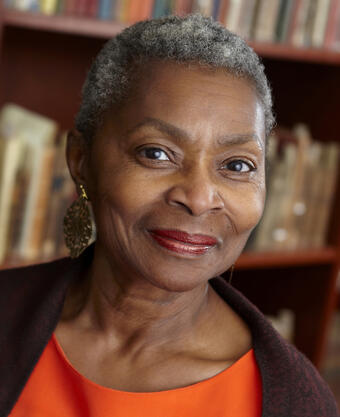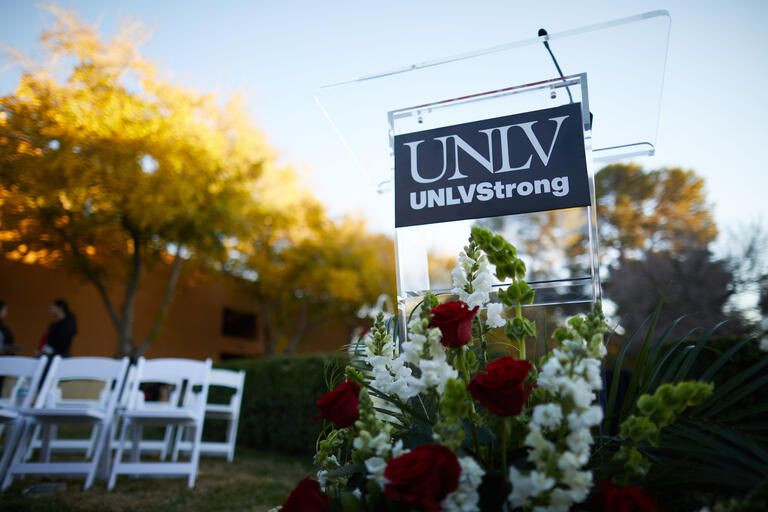Claytee D. White
Biography
Claytee D. White is the inaugural director of the Oral History Research Center for the University of Nevada, Las Vegas Libraries. She collects the history of Las Vegas and the surrounding area by gathering memories of events and experiences from longtime residents. Her projects include early health care in the city, history of the John S. Park Neighborhood, The Boyer Early Las Vegas Oral History Project, and a study of musicians who played with some of the greats in the entertainment field.
As one of five founders of the Las Vegas Black Historical Society Inc., she chronicles the history of the Las Vegas black community that was established in 1905. Her published writings on the subject include a book chapter, encyclopedia entries, and several articles.
White received her bachelor's degree from California State University, Los Angeles, master's degree in history from University of Nevada, Las Vegas, and has completed work toward a doctorate at the College of William & Mary. White currently serves on the Board of Women of Diversity, the UNLV Presidential Debate Planning Committee, and the Historic Preservation Commission. White has also served on the Historic Preservation Commission for the city of Las Vegas, Nevada Humanities executive board, and is the past president of the Southwest Oral History Association.
Claytee D. White In The News
Articles Featuring Claytee D. White

'We Need to Talk' Returns Sept. 23 with Health Equity Panel Discussion
Series brings campus and community members together to learn about current events and issues, sponsored by UNLV Libraries and College of Urban Affairs.

UNLV Newsmakers 2025: February
The rosiest headlines and highlights featuring the students and faculty of UNLV.
UNLV Remembers: New Oral History Project Launches
University Libraries adds first-person accounts to the historical record of the Dec. 6 campus shooting.

UNLV Newsmakers 2024: April
News highlights starring UNLV students and faculty who made local and national headlines.

